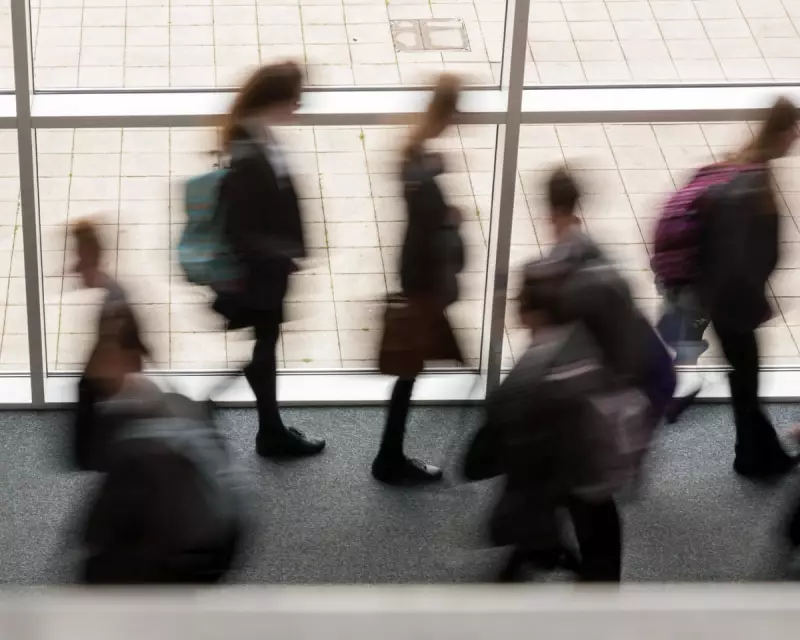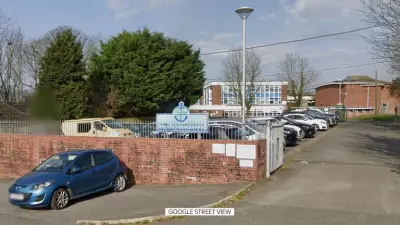
A quiet revolution is brewing in Britain's classrooms, and it's not about exam results or curriculum changes. It's about something far more fundamental: giving students a genuine voice in their own education.
Recent research has uncovered what experts are calling a 'democracy deficit' in schools across the United Kingdom. While political education has seen improvements, many students report feeling like passive observers rather than active participants in their learning environments.
The Participation Gap
The findings reveal a troubling disconnect. Students are learning about democracy in theory but experiencing something quite different in practice. Many report that opportunities for meaningful input into school decisions remain limited, with crucial choices about everything from curriculum content to behaviour policies being made without their consultation.
"We're teaching young people about democratic principles while often failing to model them in our schools," explains one education researcher. "This creates a cognitive dissonance that undermines the very citizenship education we're trying to promote."
Beyond School Councils
Traditional school councils, while well-intentioned, often fall short of creating genuine democratic engagement. Many function as talking shops rather than meaningful decision-making bodies, with limited power to influence real change.
Forward-thinking institutions are now exploring more innovative approaches:
- Student representation on governing bodies
- Co-created curriculum projects
- Democratic classroom practices where pupils help shape learning activities
- Whole-school referendums on key policy changes
The Ripple Effect
Schools that have embraced deeper democratic practices report remarkable benefits. Students demonstrate increased engagement, better conflict resolution skills, and a stronger sense of school community. More importantly, they develop the democratic habits and attitudes that will serve them throughout their lives.
"When students feel heard and valued, everything changes," says a headteacher who has transformed their school's approach. "Attendance improves, behaviour issues decrease, and learning becomes a collaborative endeavour rather than something done to them."
A Call for Systemic Change
Addressing the democracy deficit will require more than just individual school initiatives. Experts argue that systemic changes are needed, including:
- Stronger guidance from the Department for Education on student participation
- Professional development for teachers on democratic classroom practices
- Recognition of student voice in school inspection frameworks
- Resources to support schools in developing meaningful participation structures
As one young person involved in the research poignantly asked: "How can we be expected to become engaged citizens if we're not even trusted to have a say in our own classrooms?" The question hangs in the air, challenging educators and policymakers to create schools that don't just teach about democracy, but actually practice it.





